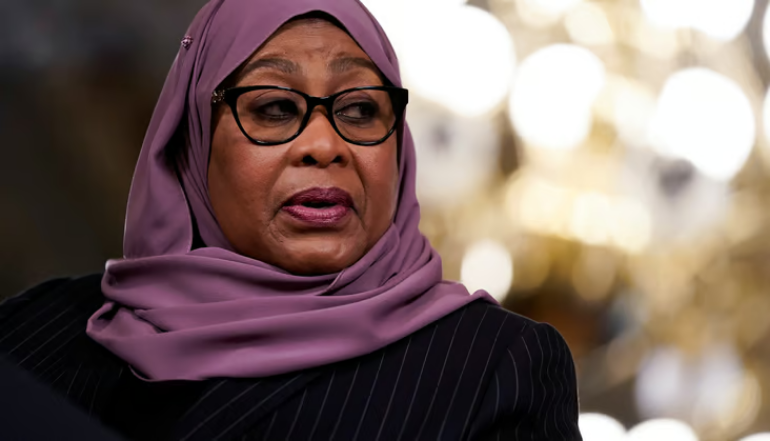
Edson Baraukwa | Africa Guardian
As 2025 approaches, East Africa faces critical moments, with Tanzania gearing up for elections, Uganda debating succession, Ethiopia pursuing economic growth, and Kenya grappling with political tensions. Meanwhile, Sudan remains engulfed in conflict.
Tanzania: Samia Suluhu Hassan’s Tight Grip on Power
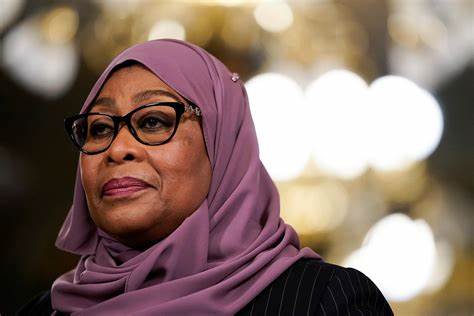
Tanzania’s political landscape points to an increasingly authoritarian trajectory as President Samia Suluhu Hassan prepares for the 2025 elections. Despite early reforms and promises of democratic openness after taking office in 2021, recent crackdowns on opposition candidates mirror the heavy-handed tactics of her predecessor, John Magufuli.
The November 2024 local elections, marked by allegations of voter suppression, have drawn criticism from opposition figures like Chadema’s Tundu Lissu, who blames early cooperation with Hassan for their weakened position. Even Hassan’s own party members, such as CCM Secretary-General Emmanuel Nchimbi, have called for reinstating banned opposition candidates to uphold democratic values. As Hassan navigates internal and external pressures, her re-election bid may hinge on suppressing dissent and consolidating party support.
Uganda: A Family Affair in Succession Politics
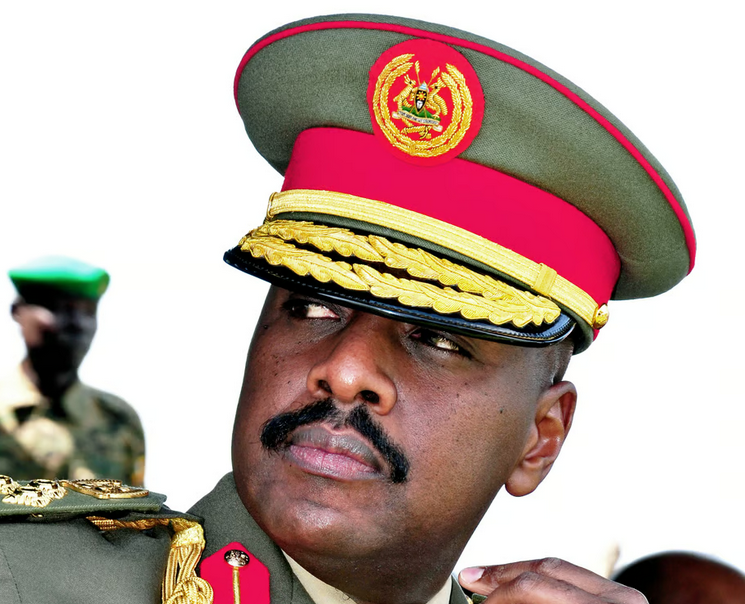
At 80, President Yoweri Museveni faces mounting questions about his successor. His son, Muhoozi Kainerugaba, and son-in-law, Odrek Rwabwogo, are both positioning themselves for influence. Muhoozi, a prominent military leader, and Rwabwogo, a key trade and communications diplomat, have sparked intense speculation about Uganda’s political future.
As Uganda heads toward elections in 2026, the rivalry between the two camps plays out publicly, with online spats and contrasting leadership styles. While Muhoozi openly engages on social media, Rwabwogo relies on surrogates to advance his image. Museveni’s attempts to balance these competing ambitions could define his legacy.
Kenya: Ruto’s Tribal Balancing Act
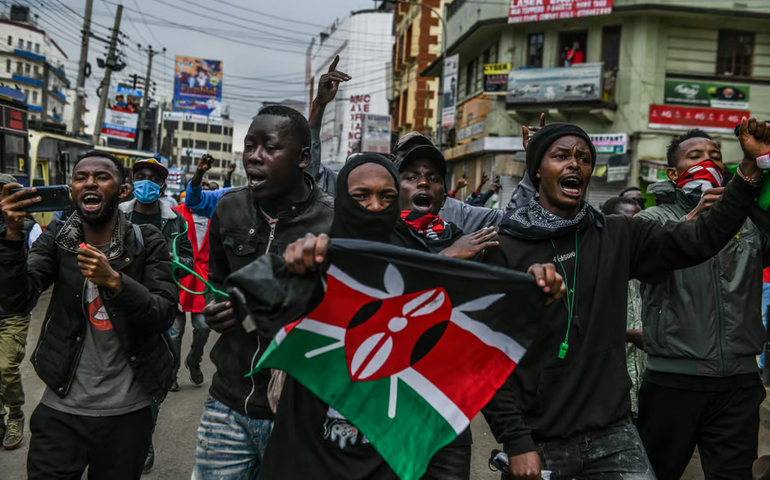
President William Ruto’s pledge to end tribal politics in Kenya faces growing challenges. The dismissal of former Deputy President Rigathi Gachagua has sparked discontent among Kikuyu communities, particularly in Gachagua’s Mount Kenya stronghold. Ruto’s replacement of Gachagua with Kindiki Kithure, from the smaller Tharaka tribe, has been met with resistance and accusations of betrayal.
Adding to his woes, Ruto’s ambitious tax reforms have drawn public ire, compounding economic frustrations. Despite advocating for a unified, inclusive government, Ruto’s administration must address deep-seated divisions and rising discontent to maintain stability.
Sudan: The Quest for Safety Amid Conflict
Sudan’s civil war shows no signs of resolution, with millions displaced and humanitarian crises worsening. Efforts to establish “green zones” for civilian protection have gained traction, with calls for the African Union (AU) to step in where international bodies have faltered.
Russia’s recent veto of a UN Security Council resolution on Sudan has further highlighted the need for regional leadership. Advocates like Joyce Banda and NGOs are urging the AU to act decisively to safeguard civilians. Innovative strategies, including satellite monitoring, are proposed as viable options to enforce ceasefires and protect lives.
Ethiopia: Betting on Economic Reform
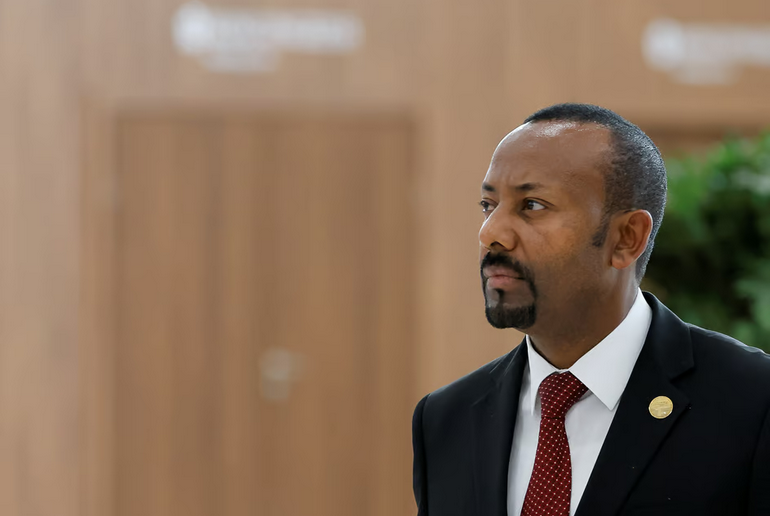
Prime Minister Abiy Ahmed continues to focus on economic transformation to counter Ethiopia’s enduring internal strife. Large-scale projects, financial reforms, and the introduction of a stock exchange signal Ethiopia’s intent to attract domestic and foreign investment. Companies like Safaricom and potential entry by international banks are reshaping the country’s financial landscape.
However, political instability persists, with tensions in Oromia, Amhara, and Somali regions undermining security. Ethiopia’s ambition to secure access to alternative ports remains a priority, especially with potential U.S. support for deals involving Somaliland.
Looking Ahead
As East Africa navigates a mix of political turbulence and economic opportunity, the region’s future hinges on strong leadership and inclusive policies. While Tanzania and Uganda face questions about democracy and succession, Kenya and Ethiopia grapple with economic and social cohesion. Sudan’s plight, meanwhile, calls for bold regional action to alleviate human suffering.
___
